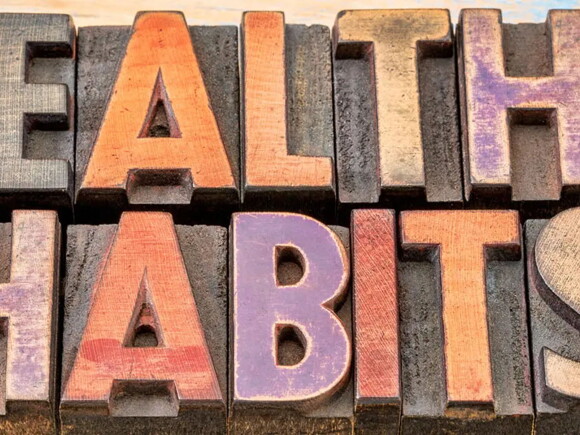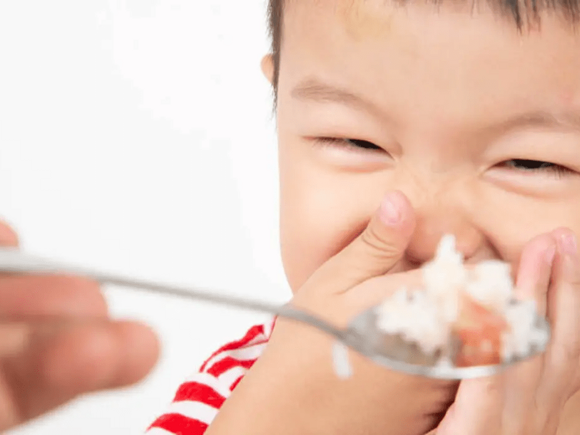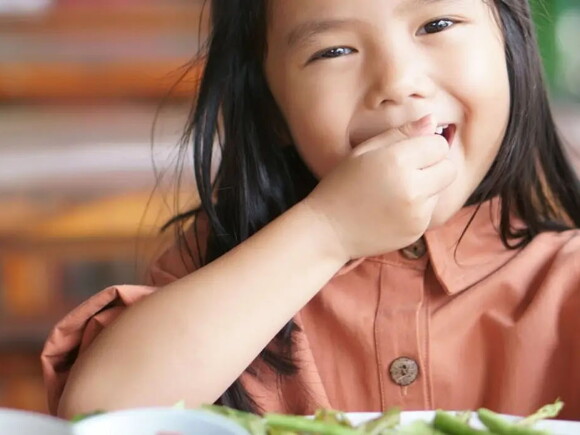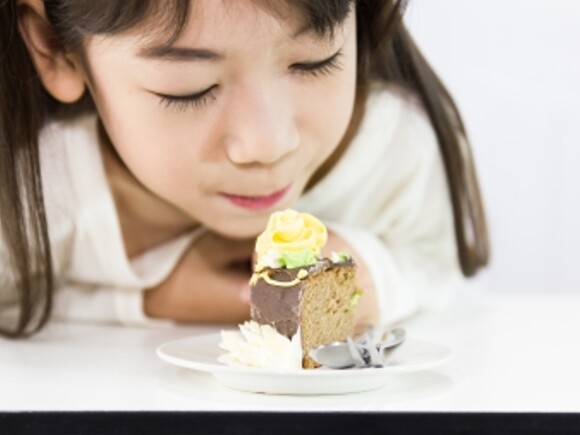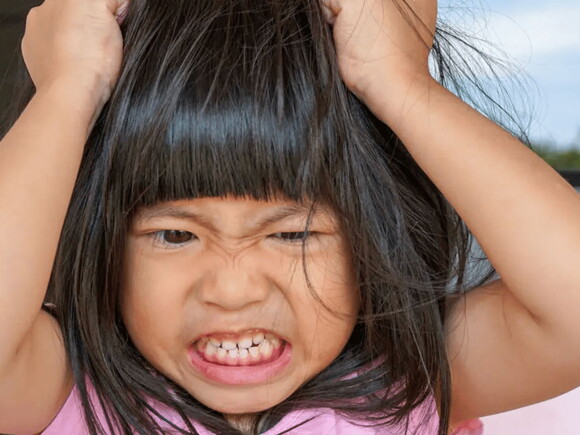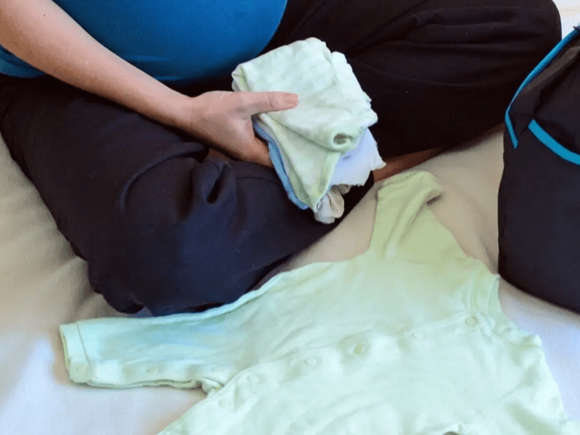I’m a working mom – so sometimes I find myself feeling so tired when I get home from work, and I still need to attend to my toddler. However, one kiss and sweet embrace from my child melts away my exhaustion.
But it’s not always like this. Even the sweetest toddlers can act up and become aggressive. They shout at the top of their lungs, hit, kick, and cry. It’s very frustrating, and can test your patience – especially if you are tired yourself.
Why do toddlers become aggressive?
When your child turns two to three years old, he starts developing an awareness of himself as an individual person. He starts to show strong preferences, wants to make choices, and assert his independence. That’s why toddlers’ favorite word is “No!”
However, toddlers also have limited self-control and vocabulary. They have strong feelings, but they don’t know how to express them. When they are angry, tired, sad or anxious, they can’t calmly tell you what is going on in their mind. Instead, they hit, cry, push or scream. Their outbursts are their way of telling you, “I’m stressed!”
Look for the possible triggers
Anything can upset a toddler. Sometimes, they just can’t get the food or toy they want. Sometimes, they don’t feel well: they are tired, overstimulated, or are feeling sick. In some instances, they are feeling anxious about an unfamiliar situation. For example, they could be jealous of a new member of the family, or are overwhelmed by a new environment or playgroup.
Stay calm
If your toddler is already shouting, then it won’t help to shout back. You need to be the calm voice of authority. Take a deep breath, look at your child in the eye, and say, “Stop.” Don’t use a lot of words or over explain, because he isn’t listening yet anyway! He’s too upset to really absorb what you’re going to say. Calm yourself down, then calm him down.
Teach appropriate ways of expressing frustration
It’s not “bad” to get angry and frustrated – it’s how your child expresses it! Acknowledge your child’s emotions and then teach more appropriate ways of showing what he feels. “Don’t scream. Tell me what you want in an indoor voice.”
You can also explain consequences. “If you throw your toys, they will break and you won’t be able to play with them again.”
Don’t spank
Spanking and other forms of physical punishment isn’t an effective form of discipline. Toddlers may even think it’s okay to hit others, which will cause more aggressiveness. Instead, set clear and consistent rules.
Encourage them to apologize
Tell your child that it is natural to become angry or frustrated, but that doesn’t mean they’re allowed to hurt other people. Teach them how to say sorry.
Limit exposure to violent videos
Toddlers and preschoolers still don’t know how to differentiate fiction and reality. They aren’t mature enough to know that the playful hitting in cartoons isn’t funny in real life. Control what kind of videos they watch, and how much they watch. As much as possible, limit your toddler's screen time; as parents, we also must avoid using gadgets when we are with them.
Develop self-control
Self-control, empathy (or awareness of other people’s feelings), respect for others, right and wrong, and social skills are all developed over time. While they won’t learn these overnight, it’s never too early to start. It’s better to gently but firmly correct aggressive behavior now. Otherwise, they will learn that they can get upset whenever they want to, and always get what they want. As parents, we can help and guide them to learn how to handle their emotions.
Reference
About The Writer
Anna Plaida
Anna Liza V. Plaida is an Executive Assistant by professional, mommy blogger on the side, mother to a wonderful boy and a wife. Her blog is her outlet where she can share her experiences, tips and new learnings. It also a way of making new friends and meeting people behind the brands that she loves.
The views and opinions expressed by the writer are his/her own, and does not state or reflect those of Wyeth Nutrition and its principals.











